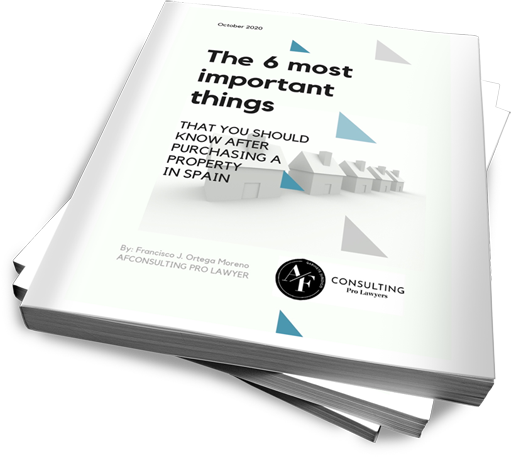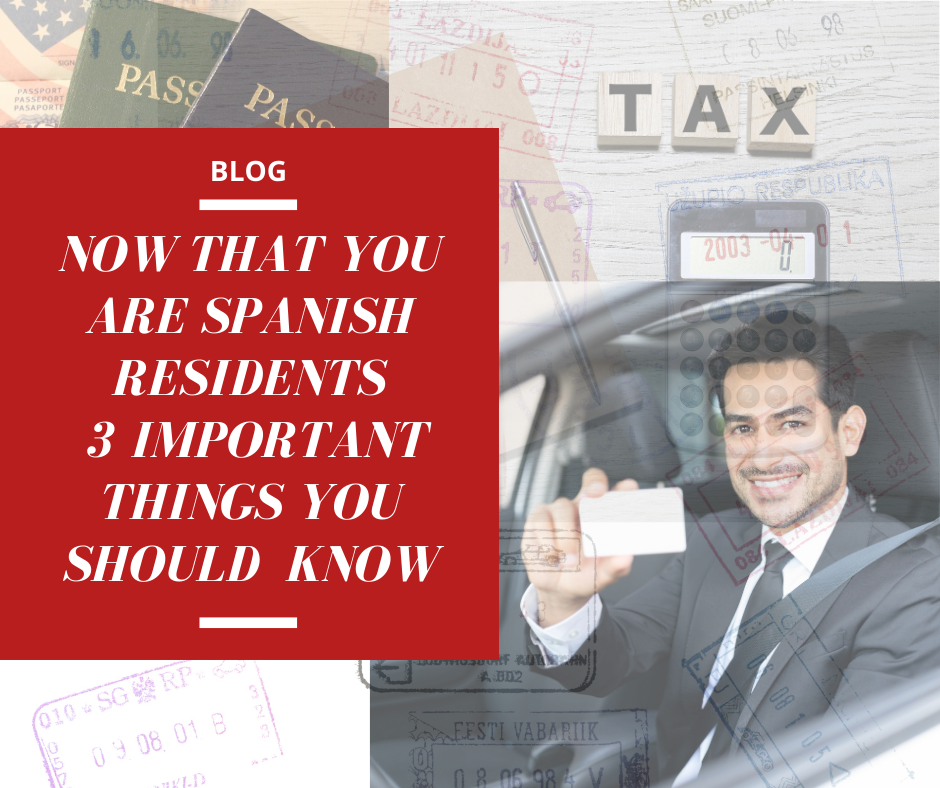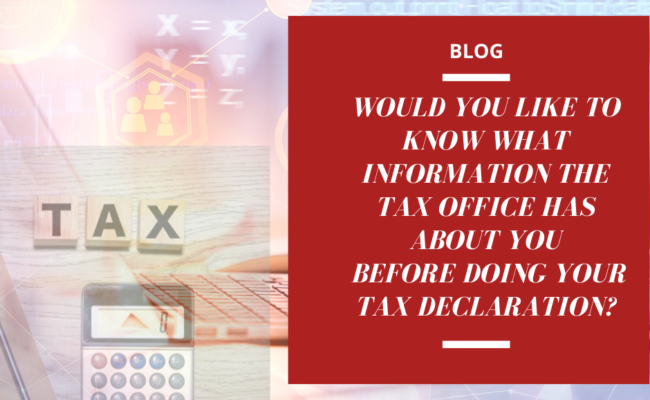Many people, due to BREXIT, have decided to be RESIDENTS in Spain.
In this post, I want to give you various important tips on what you should bear in mind with your new status.
Obviously, there are a lot more, but here I am going to tell you about the ones that, in my opinion, are the most important

“FIRST: DETERMINE WHETHER YOU ARE A FISCAL RESIDENT OR NOT (183 DAYS)“
FIRST.- DETERMINE WHETHER YOU ARE A FISCAL RESIDENT OR NOT (183 DAYS)
The fact that you are a RESIDENT, does not automatically mean that you are a fiscal resident.
Therefore, the first thing that you must determine is whether you are or not classed as a Fiscal Resident.
First of all you must take in to account that in Spain, the tax year for submitting your PERSONAL INCOME TAX RETURNS (RENTA), is from the 1st of January to the 31st of December. (NOT APRIL TO APRIL IF YOU ARE BRITISH)
If you obtained residency in 2020, to determine your fiscal residency status, you have to calculate whether you have been in Spain during 2020 for more than 183 days or not.
On this subject I encourage you to read our post:
AM I A RESIDENT, A FISCAL RESIDENT OR SIMPLY NOT A RESIDENT OF EITHER KIND?
In which I give you the most important tips.
You should also read our post:
HOW TO PROVE THAT YOUR ARE A TAX RESIDENT OR A NON TAX RESIDENT
So, if you are not just a RESIDENT, but are also a FISCAL RESIDENT, you have the obligation to file a PERSONAL INCOME TAX RETURN.

SECOND: In Spain you pay taxes on all your WORLDWIDE INCOME
Once you determine if you are a FISCAL RESIDENT, BEAR IN MIND THE FOLLOWING:
You have to file an INCOME TAX RETURN the following year (earnings during the year 2020, are included in your INCOME TAX RETURN that is filed in 2021).
And here is the important point: YOU HAVE TO INCLUDE ALL OF YOUR WORLDWIDE INCOME.
What does this mean? Well simply, you have to include the earnings that you receive from income in Spain and also those received outside of Spain.
And you will ask: And what happens with those earnings that have to be taxed in the country they have been generated in, because the other country considers it appropriate that way?
Well, the answer lies in the application of the DOUBLE TAXATION AGREEMENT between each country.
Each AGREEMENT would have to be studied to clarify how each particular income is taxed.
With the application of the AGREEMENT double taxation is avoided, so that tax is not paid twice on the same income.
If you want clarification on which income from your country of origin is included in the double taxation agreement, do not hesitate to contact us here.
THIRD.- DO YOU KNOW WHAT THE FORM 720 IS? AND DO YOU KNOW THAT THERE IS A POSSIBILITY THAT YOU HAVE TO FILE THIS DECLARATION?
This is an INFORMATIVE declaration. That means that it is only about giving information to the Tax Office, not about paying a tax.
What you have to report is: assets outside Spain that exceed certain figures: for example, properties (houses, apartments), money in current accounts, shares, insurance policies, etc. that exceed 50.000€.
Therefore, if you have a property outside of Spain, and it is valued at over 50.000€, you must file the 720 declaration.
Here is a link with FAQS about this tax.
PLEASE NOTE: The fines for not filing this declaration are ASTRONOMICAL…….SO IT IS OF ABSOLUTE IMPORTANCE TO KNOW IF YOU HAVE THE OBLIGATION TO FILE IT OR NOT. (I am sorry if I have just scared you, but it is true!)
If you have any questions, just contact us and we will give you the peace of mind you need.
FINAL CONCLUSION
As is normal, being a RESIDENT in a country that is not yours, implies a concern for all those new things that are unknown to us, especially on the subject of TAXES.
Therefore, count on us to resolve any questions you may have or for any situation that makes you anxious.
Remember our motto: WE GUARANTEE YOU PEACE OF MIND & THESE AREN’T JUST WORDS










